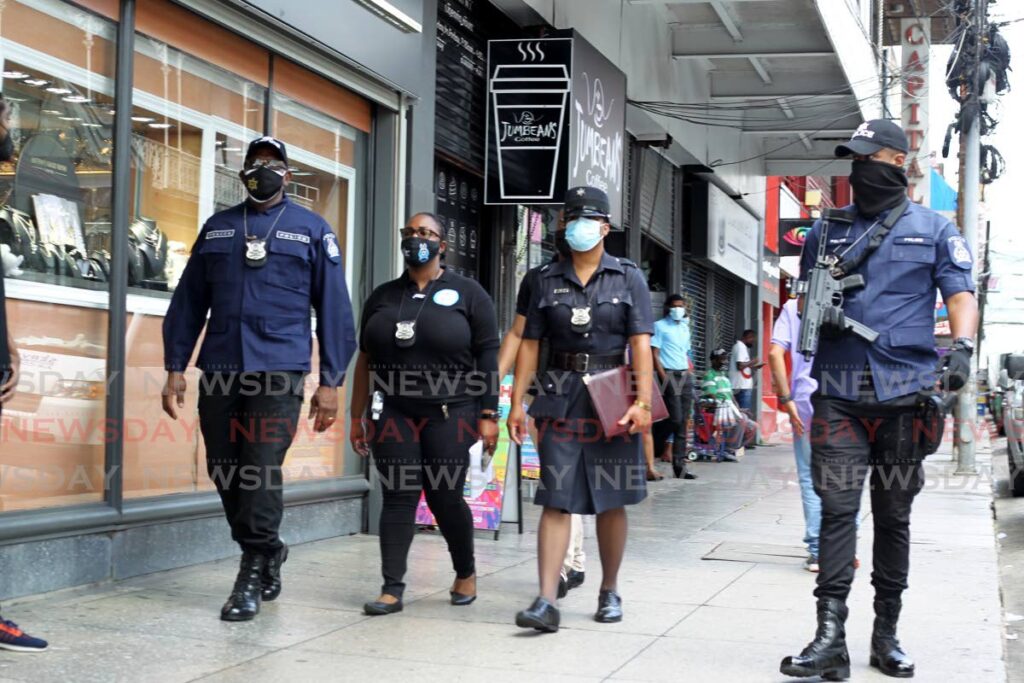Al-Rawi: Radical reform for municipal cops

Minister of Rural Development and Local Government Faris Al-Rawi intends to bring reform to the municipal police by expanding their role to fight crime and making them more accountable.
Speaking at the TT Association of Local Government Authorities’ Municipal Police Capacity Development Programme at the Trinidad Hilton, St Ann's, on Saturday morning, he said he wanted to connect central government policies with local government issues and for the municipal police to be a feature of TT.
For reform, he said, plant and machinery, people, process, and law were necessary.
He said there were over 700 municipal police officers, which would increase to 1,500 by September; that there was the Municipal Corporations Act and others that pertained to the municipal police; and the ministry was in the process of computerising and digitising, and generally introducing technology to the corporations.
Therefore, the processes were the problem as they were confined to the will, speed and function of the municipal corporations via its CEOs.
Al-Rawi said he had been conducting an audit of all the corporations and discovered that, for the last ten years, $2.4 billion goes to his ministry annually and 75 per cent of that goes towards wages and salaries. Yet the heads usually did not know where their people were or what they were doing at any one point in time.
“The key to getting outcome is to measure the task. So where are your people, what are they doing, how are they doing it, and what is the outcome that we’re looking for, is the key.”
He intends to use geo-tracking technology to identify and allocate workers and assets to decrease response time and change the municipal boundaries.
Now that CCTV camera videos can be used as evidence in a court of law the Eyes Everywhere initiative would encourage people to install cameras to face roadways which would free up officers from being on-site, or having to attend a witness identification parade or court.
The most recent amendments to the Domestic Violence Act allow the municipal police to have a Gender-based Violence unit to work alongside the TTPS so municipal police can get involved in community policing.
The ministry is also about to launch an app which would allow open-source reporting in two test corporations. Using this app, people could input their needs into the system and can see the scope of the work to be done as well as the cost.
Al-Rawi added that the most important things in local government reform were having full-time councillors, aldermen and mayors; making the CEOs and corporations work in tandem; and giving the municipal police the ability to contract their own people and fill positions.
“If we connect the law and the processes to the people, we begin to have reform.”
In his address, chairman of the TTALGA alderman Anthony Roberts explained the modules of the two-day programme would include municipal policing, community engagement, law enforcement, criminology, and leadership.
“The intention is for the participants here to become trainers themselves, and in turn will pass what they have learnt to their municipal police fraternity. And so eventually, municipalities will benefit as public safety will be enhanced. And it is anticipated that the working relationship between the municipal police and the municipal councils will improve.”
ACP Surrendra Sagramsingh, head of the Municipal Police, added that the organisation has a history of dedicated, hard-working police officers. He hoped to regain the public’s trust to the point where, as in the past, people would say, “If you can’t get God, call the police.”

Comments
"Al-Rawi: Radical reform for municipal cops"